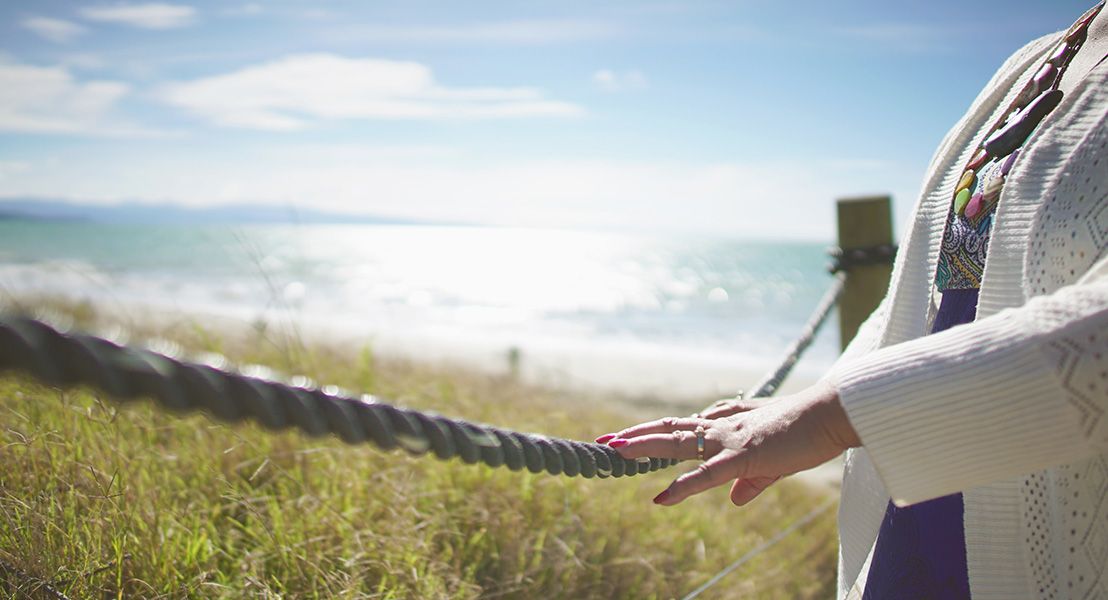“There’s no shame in having post-natal depression or any type of depression. It’s not a sign of weakness or anything. You know, sometimes we go through times in our life where we are vulnerable and we just need a little bit of extra support and help.”
With the support of whānau and strategies from her doctor, Donna was able to process the grief and trauma of her first child’s delivery. After recovering from post-natal depression, she trained as a counsellor, supporting whānau to get through tough times.
So having had experienced post-natal depression, probably one of the most important things is to recognise is just the things that you do do well.
It first started when I had my first baby when I was 16. When I was in labour, the doctors and the nursing staff decided to do a procedure on me, and while I was having contractions, and I didn’t want to do it and I didn’t understand the need for it. And the nursing staff made it very clear to me that, if I hadn’t wanted this to happen to me, then I should have thought twice about getting pregnant at such a young age.
I was quite traumatised for a long time. I had nightmares for a long time.
And I think she was about 3 days old, and I just remember, like this huge darkness. Like a massive cloud plummeting all over me. And it was not only emotional or psychological, it was physical as well. I just had no energy. I didn’t want to get out of bed. I didn’t want to hold her. I didn’t want to feed her. I didn’t want to do anything. And all I did was cry.
And I was living with my sister and her husband and their child, and so him and my sister started talking to me about, you know, maybe I was depressed, maybe something was going on, you know, needed to be explored and looked at. And so I went to see a GP, and he told me then that I had post-natal depression.
And he also said that he thought that it was a good idea that I see my Plunket nurse more often, make sure that I keep in regular contact with my mother and my family. And so he kind of like put all these strategies and plans in place for me to follow through with.
The support that I actually got from my family was my mother and my older sister who were really instrumental in caring for my wellbeing and being really concerned. They helped me with the baby. They talked to me a lot about things. They were always quite forthcoming in their concerns about me and the baby.
By the time she was 2, I definitely felt more outgoing and more capable of coping. I had had regular visits to my GP because I know that sometimes it can interfere with them bonding with their babies, but that never happened with me. I felt a really good, strong bond with her, right from the beginning, right from the moment she was born, and that never changed.
There’s been a couple of times over previous years where I’ve had to go and get counselling because I went through this enormous grief over the loss of siblings, and they were both really sudden. So I've gone to my GP and I’ve had a referral to various different places, agencies around town.
The benefits for me for going to see a counsellor was the counsellor actually had strategies or methods. They’d use methods to be able to get me to understand why it was that I was experiencing the emotions that I was.
I’m training to be a counsellor and I’m in the last year of my degree. I’ve been learning and practising different herbal medicines and rongoā Māori, and when I’m working with whānau, I just wanted to have better skills and to be able to know that I was actually doing the right thing.
There’s no shame in having post-natal depression or any type of depression. It’s not a sign of weakness or anything. You know, sometimes we go through times in our life where we are vulnerable and we just need a little bit of extra support and help.



